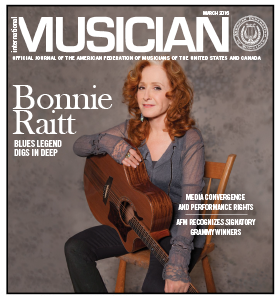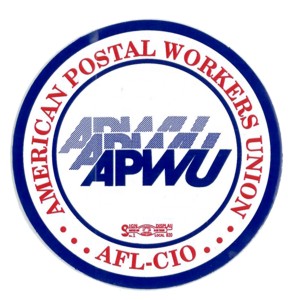by Joseph Parente, AFM International Executive Board Member and President of Local 77 (Philadelphia, PA)
Over the next several months, outdoor venues will be presenting various types of entertainment in many locals throughout the Federation. These engagements provide added employment to many musicians. However, there seems to be an issue as to which musicians are to be employed for this work and what is the correct scale for these traveling engagements.
A symphony orchestra traveling to another jurisdiction to perform a symphonic concert is normally covered by their collective bargaining agreement (CBA), and is not at issue here. However, in cases where symphony orchestras are hired to travel to other jurisdictions to back a name act or to perform the soundtrack for a motion picture or video game, there have been problems.
AFM Bylaws cover both types of engagements. Article 14 Section 3(a) states:
A symphony orchestra may travel freely for the purpose of giving concerts of a symphonic type … That seems to be clear. Article 14 goes on to say: In the cases where a symphony orchestra travels as a back-up unit to an artist or in a commercial venture that is not self-produced … or the orchestra is not the main attraction … the wage scale of the home Local or the Local having jurisdiction over the engagement, whichever is higher, shall be payable to the musicians …
Again, this means playing for an act, motion picture, or video soundtrack.
Article 13 covers traveling engagements defined as … an engagement in which any member performs outside the jurisdiction of that member’s home Local. This applies to symphony orchestras as well as freelance orchestras traveling to other jurisdictions.
Article 13 Section 10 states:
Except for services that are covered by a CBA with the home Local or the AFM that provides for wages and other conditions of employment … the minimum wage to be charged and received by any member … for services rendered on a Traveling Engagement shall be no less than either the Local wage scale where the services are rendered or the Local wage scale where the musical unit has its base of operation, whichever is higher.
So there is no misunderstanding, other than an orchestra traveling to give a concert, the orchestra’s CBA is irrelevant. Terms of employment are governed by the local’s (either home local or destination local) wage scale book. Obviously, a promoter or presenter would love to pay only traveling expenses (per diem, lodging, etc.), while the cost of the orchestra is being paid by the orchestra’s management who is burning services under their weekly scale.
Incidentally, this situation doesn’t merely occur during the summer. There are just many more engagements in the summer because of outdoor venues. Similar engagements take place during the year with regional “mini-tours” such as Il Volo, Salute to Vienna, Mannheim Steamroller, and Trans-Siberian Orchestra. These are usually freelance engagements, but the same rules apply. Contractors, locals, orchestra committees, and musicians need to communicate with each other before these jobs take place so there is a level playing field for all musicians involved. Once the job takes place, it’s extremely difficult, if not impossible, to make things right. Local musicians should not and cannot be cheated out of work that is theirs in order to accommodate others who circumvent the AFM Bylaws.















